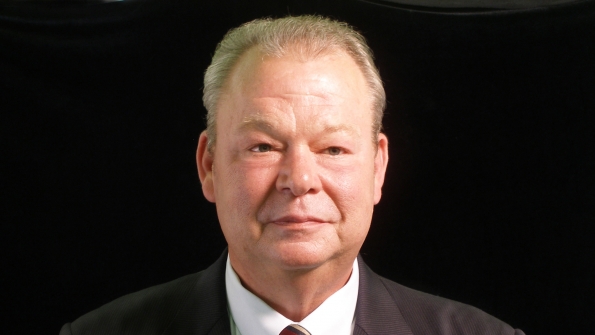How should states prepare for FirstNet opt-out decision?
What is in this article?
How should states prepare for FirstNet opt-out decision?
That brings us to the state of Arizona with its RFP due back on Oct. 31. First, let me say that even though I live in Phoenix, I have no involvement with this RFP or the people involved in preparing it. Having said that, I will reiterate what I said in my Public Safety Advocate column: “This is the best RFP that has been issued to date. It is the most complete, with coverage maps, numbers of first responders, numbers of devices in use.” It even includes the fact that, in the northern part of the state, the microwave system could be used for backhaul, but it must be upgraded from analog to digital and the bandwidth capacity increased.
It is also clear from the statement at the beginning of the Arizona RFP that no decision as to an award will be made until the governor of the state makes the opt-in or opt-out decision. In other words, the state of Arizona is preparing to be able to compare responses to its own RFP, which will be as close as possible to what FirstNet and the partner provide to the Arizona as the state plan. The reason is simple. The information provided in the state’s RFP has to be, I believe, the same information Arizona provided to FirstNet. So not only will those responding to the state RFP have the information, the partner and FirstNet will be working with the same information. What could be better than no decision until a fair and honest comparison can be made between the bids received for the state RFP and the “bid” received from FirstNet and the partner?
You might notice I used the word “bid” to describe the FirstNet/partner state plan because it will essentially be a bid that will be compared to other RFP responses. In the case of the Arizona bid, it could be added to the RFP responses Arizona receives and be evaluated using the same criteria. Therefore, the recommendation sent to the governor will be a true assessment of the options.
But wait, there’s more! Suppose the state’s RFP “winner” has proposed better coverage or a better way to work with the state on future network expansion than the FirstNet plan. The state then has a bargaining tool available to it since it is in the best interests of FirstNet and the partner to win as many states as possible. I see an opportunity for a state to negotiate a better deal.
Another aspect of the opt-in and opt-out strategy no longer available to New Hampshire is the ability to wait until the FirstNet RFP winner is announced and to see what that bidder told FirstNet it would cost to build out the state, although there is some question regarding availability of these numbers. The reason it is important to have cost figures is that they will probably provide the basis for the amount the NTIA might award as a grant—perhaps it could decide to grant less, that is still unclear. In a perfect world, the state would be awarded the funds the winning FirstNet RFP bidder allocated for that state’s build-out, but as I read the law, that is not a requirement.










